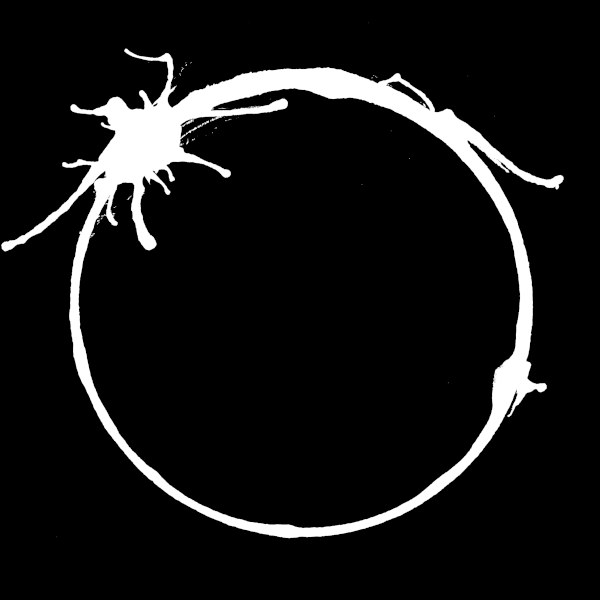I saw a comment this morning lamenting the imbalance of positive and negative news content that we are given.
There are scientific studies (Negativity drives online news consumption) that show this type of content generates higher engagement. So whether news organisations are aware of their editorial direction or not, the clicks that drive the content they publish push them into this space.
I am not suggesting we stop discussing the important serious issues of the day.
Though, I will be actively trying to share more positive articles with you all going forward and I encourage you to join me.

While news outlets are certainly drivers of fatigue, readers are not entirely off the hook. Research shows that negative headlines have more than a 60 percent higher click-through rate than positive ones—à la the old trope, “if it bleeds, it leads.”
I always feel that there are way more bad news than good news until now. I made a tally of the posts on the homepage of Beehaw right now and registered 14 as positive, 10 as negative, and 15 as neutral wrt my stance. It just seems like I actively focus more on the bad ones. Maybe I will try reading more positive ones.

I recall a story - sigh, from Reddit - where a business owner tried to sell products online for lets say a flat $2.00 USD that includes tax, while his competitors were trying to sell similar for like $1.96 without tax included. He couldn’t stay in business, b/c people just mindlessly sort by the lowest price & immediately went for that (years ago, before everything needs to be checked if it is a cheap knock-off).
I’m not saying that you can’t fight the system, but it is hard - there is resistance. Stupidity is a real force of nature, as is greed, and self-centeredness, etc.
Which is all the more reason they need to be fought against - the mere act of going against them improves you, compared to just going with the flow.:-)
It’s strange to consider the US system of prices and taxes from an Australian perspective. In Australia all prices must be displayed inclusive of any applicable taxes.

Sure that’s handy, but we have FREEDOM! /s

A community for it would be good

Though hopefully it can avoid the “orphan crushing machine” effect. That was a problem r/UpliftingNews on Reddit suffered from a lot. So many posts that were meant to be uplifting but were completely dystopian. Most commonly Americans posting stuff like “kid saves money to pay for classmate’s cancer treatment” and the rest of the world staring in horror that someone has to pay for a kid’s cancer treatment in the first place.

Remember when CIA spokesman John (Jim from the Office) Kranski, made a whole good feels news network when the pandemic started and then turned around and sold it for a shit ton of cash? Pepperidge farm remembers.

Wait he sold that? How did he “sell” essentially a home office stream??

He sold the show/brand to cbs/viacom for an “undisclosed amount” after making 8 episodes total. Dude got a bag.

There are communities for good news. Search for upliftingnews.

Reasons to be Cheerful was founded by David Byrne to make more good news in the world. Would be a good source of articles for a “good news” community.

I read somewhere, that the solution is to follow all issues to the door. Discuss them when they are an issue, and then again when they are resolved.

I don’t see how that relates to a door… Trying to figure out the metaphor, but I guess I just don’t get it.

I’m pretty sure crossing the threshold = the resolution. So “follow all issues to the door” means paying attention when the issue is resolved. Things generally don’t get as much attention during the follow-up as they do during the initial shock of it.

Yea, my bad, it’s an expression in Danish, I thought it existed in English as well

I claim this is at least partially because people look for good news:
Generally, if the news is already good, we’re often satisfied with reading the title. If the news is bad, we go into the article to look for a silver lining.

I’m going to sound cynical here so if you don’t want to be confronted with negative content, please skip this one…
spoiler
Did I just read an ad for “Mike’s Hard Lemonade co.” and Brand Studio Inc.? The “experiment” they made is not scientific and it doesn’t have to exist to begin with. The point about happiness and media consumption was already researched seriously (which is also mentioned in this article).
So why does this article have to have a bright yellow background and spinning lemonades on the side and mentions a specific brand multiple times? Is it relevant to the “Good News Effect” or media consumption patterns? No… it’s an ad that uses scientific work and the topic of happiness to boost a brand’s public perception. Again… maybe it’s just me… but having a discussion about happiness and media consumption should not be based on a Mike’s Hard ad campaign imo.
I get you. I have no idea why there’s an ad for lemonade here. Putting that aside, I more posted that link for the spirit of it.

I understand, which is why I put a spoiler on my post. I think a lot of people who click on this post are here for the spirit of it and I don’t want to lessen that in any way.

Thank you. Occasionally, I find that I need to stop reading the news for a while because it’s all so bad. Sometimes, it’s even speculation about something that isn’t a problem, but could end up becoming something to worry about. They manufacture stress. Ugh. Some positivity would be welcome!

